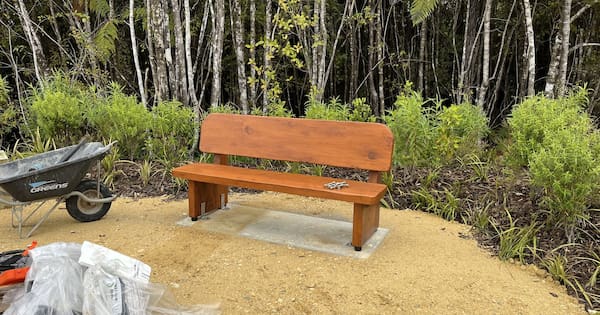
Hospitality businesses are hoping this is a sign the cost-of-living crunch may be putting less heat on them.
Hospitality New Zealand said the Christchurch spend in food services and commercial accommodation was up 7% in August from the same month a year ago.
Interim chief executive Nick Keene said hospitality spending in the city had one of the highest rises nationwide.
It was especially pleasing to see the spending gain was locally driven, showing households were perhaps more confident to spend in hospitality venues.
“The number of hospo businesses across accommodation and food services also saw a moderate lift of 1.5% compared to the same time last year — it’s great to see the passion for the industry remains. These stats run somewhat counter to the prevailing narrative that hospo is still struggling.”
Venue closures were more noticeable than in other sectors because of the visibility of shop fronts, but new venues were opening all the time, Mr Keene said.
“Obviously the pressures on tourism and hospitality of the past few years have seen a number of owners exit the industry, and some consolidation of business groups. Economic challenges have had a knock-on to business confidence which leads to churn of ownership — things seem to be settling as we head towards next year, but there is still a ways to go until owners retain their confidence around investment and future growth.”
Business leaders such as Hospitality NZ Canterbury branch president Jeremy Stevens have pointed to more spending being generated next year when the metro sports centre opens to attract more sports people to the city.
Conferences bookings at Te Pai and the opening of Christchurch’s new 30,000-seat indoor stadium, Te Kaha, also next year are expected to help boost accommodation and central city traffic.
Another healthy sign is the $150 million rebuild of the former Rydges Hotel into a five-star Sheraton hotel after it has sat empty following the earthquakes.
Mr Keene said cost pressures on hospitality businesses were still significant from rising rents, electricity and gas costs and cost of goods.
While farm profits from rising agricultural prices in milk and red meat were being circulated into provincial towns and the city, hospitality businesses were wary of higher menu costs for customers.
Higher prices had put pressure on primary produce inputs for hospitality, he said.
Outlets were still in a balancing act between covering costs and preventing pushing prices up too high to avoid making them unaffordable for customers.
Hospitality nationwide remained a mixed bag for parts of the industry doing well, Mr Keene said.
The sector was cautiously optimistic the outlook would slowly improve heading towards next year and was looking for a boost from tourism visitor numbers.














